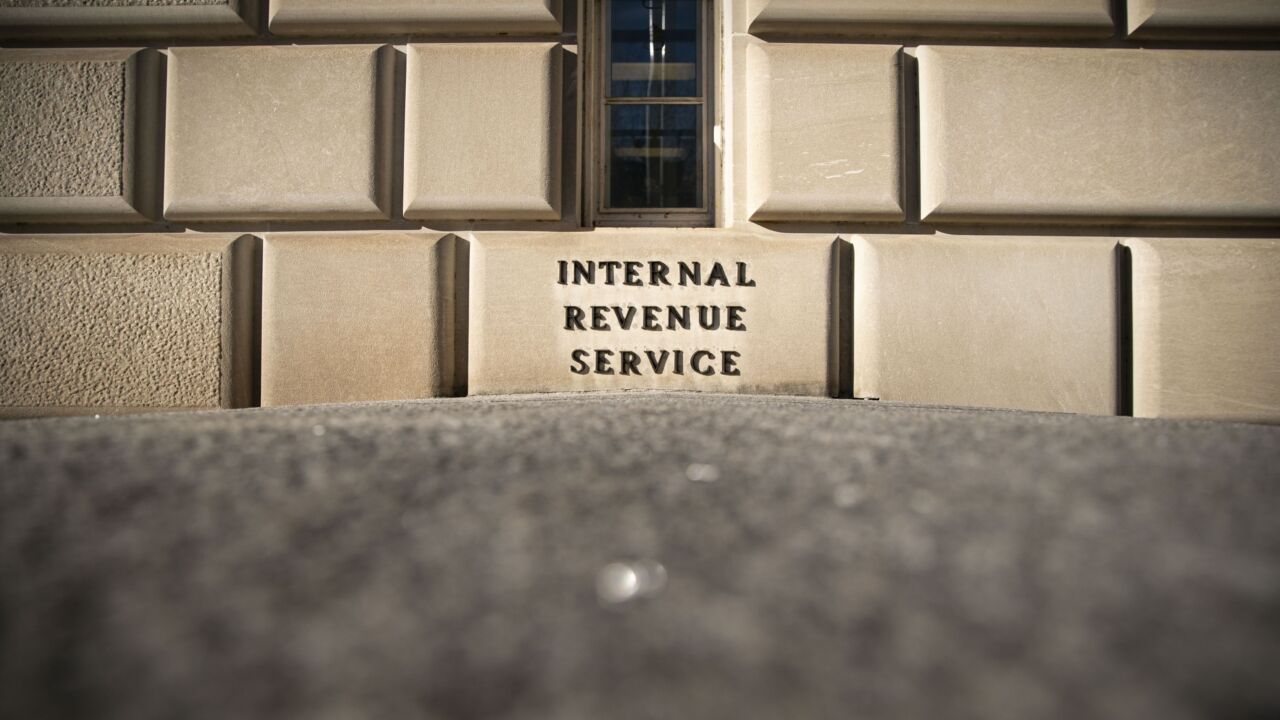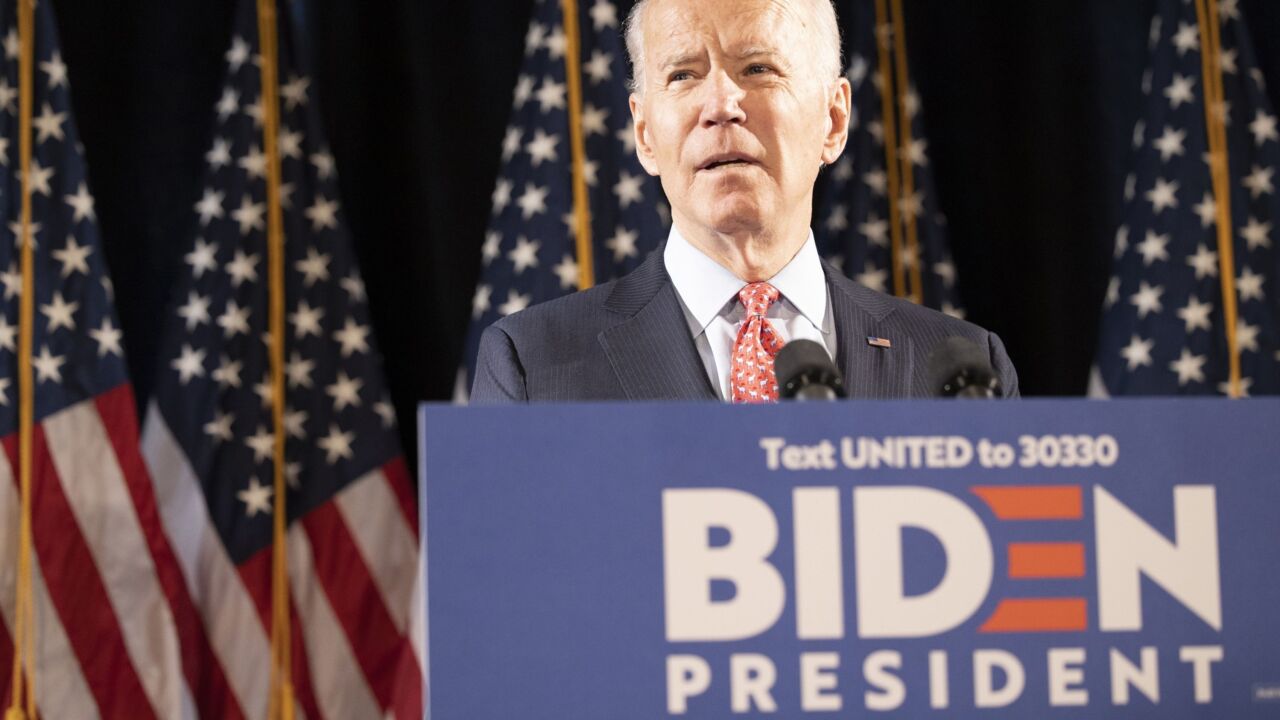-
The incoming Treasury chief will have to reconcile his deficit-reduction plans with the Trump administration's much-anticipated tax cuts.
January 28 -
The mood in markets and the financial situation are starkly different from 2017, when Trump and congressional Republicans passed a deficit-expanding tax cut.
January 17 -
Republicans broadly agree that there's little room for error on what is a rare opportunity for the GOP to update the Tax Code without having to make any concessions to Democrats.
January 9 -
Johnson said the massive bill would address issues such as border security, including money for the mass deportations of undocumented immigrants; and an extension of the 2017 Trump tax cuts.
January 6 -
The Trump campaign is proposing a grab bag of tax cut proposals that could collectively cost as much as $10.5 trillion over a decade.
September 4 -
Donald Trump plans to make permanent the 2017 individual tax cuts that he enacted as president while keeping corporate tax levels unchanged in an appeal to working and middle class voters should he retake the White House.
January 8 -
There's not much wiggle room for further reductions, especially in an uncertain economy.
October 28 -
The president said his action authorizes the U.S. Treasury to allow companies to defer — not suspend — payroll taxes for Americans making less than $100,000 a year from Sept. 1 through Dec. 31.
August 10 -
A weaker U.S. dollar and a rollback of some of the 2017 tax cuts are just two possibilities, experts say.
July 23 -
Officials hope to peg capital gains to inflation before the president faces reelection.
June 27 -
Although income that is taxable is likely to increase for families with two children, their final bills will be smaller.
January 22 -
If they’re just writing checks, “that’s coming directly out of their cash flow,” one expert says.
November 20 -
Dividend tax rate cuts in 2003 had no impact on C- and S-corporation spending, an economist found.
August 28 -
Top wealth planners say they’re seeing increased interest in dynasty trusts as clients look to capitalize on the new tax law.
May 17 -
While it offers a hefty tax deduction for pass-through income, an expert says the rules are a "convoluted mess.”
May 15 -
Sweeping tax changes have made it more important than ever to understand what is, and isn’t, deductible.
April 8 -
How will companies share their tax windfalls?
January 16 -
Wall Street doesn’t think corporate America will have a hard time coming up with those employee bonuses that were promised after taxes were slashed.
January 2 -
“My clients are hard-working young professionals on Wall Street. I don’t have a lot of good news for them,” said Douglas Boneparth, an advisor in New York who counsels people throughout the industry.
December 20 -
The revised GOP tax bill lets investors keep the flexibility to sell whichever shares they want.
December 19


















